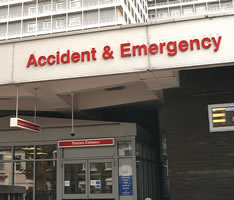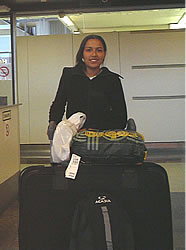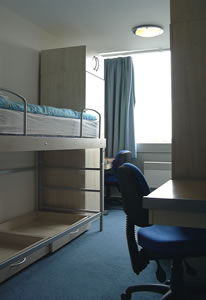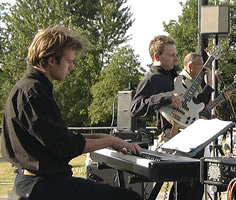

|
|
Study, work or travel in the UK. British
culture and life.
|
|
||
|
|
|
|
||
 |
||||
|
|
|
|
||
 |
||||
|
Saving money when studying abroad in the UK
|
||||
|
Sections:
|
Introduction | |
| School | ||
| Insurance | ||
| Travel | ||
| Baggage | ||
| Accommodation | ||
| Shopping | ||
| Entertainment | ||
| Conclusion | ||
| Links |
|
Visa
scam
language school is closed Evening Standard 23 June 2003 |
||
|
There may be risks if you choose a cheap non-accredited
private school (headline from a London newspaper)
|
 Long-stay students can use the UK's National Health Service for free |
It is important to be properly insured when you travel abroad, in case you are ill or have some other serious trouble. Note that if you are studying in Britain for more than 6 months you should be able to use the public health service without charge. There are some special insurance policies for international students in the UK which take account of this and which may therefore be cheaper. Many international students coming to the UK pay more than they need to for insurance, because they buy general travel insurance policies which do not distinguish between the UK and other countries, and which do not take account of the different requirements of travellers and students. |
 Taking a bus or coach is usually the cheapest way to travel in Britain |
It can be expensive to fly from Asia to the UK, so try to travel outside the busiest holiday months and compare prices from several airlines. There may be special prices available to students or young people - so check with agents who specialise in youth travel. When you travel within the UK is often much cheaper if you book in advance. Take advantage of student railcards or coachcards. If you are studying in London, ask your school about how to apply for a Student Photocard as soon as you arrive. Travelling by bus or coach is cheaper than using the trains. Organised coach tours can be the cheapest way of visiting different parts of the UK. If you use a travel agency for a holiday, make sure that it is a member of ABTA (the Association of British Travel Agents) - if it is, you should be able to get your money back if the company goes bankrupt after you have paid. |
 Don't bring too much baggage when you come to the UK |
Find out how much baggage you are allowed to take on the aeroplane when you fly to Britain. Weigh your things before you leave - excess baggage charges can be very expensive. Most students bring too much with them. Do not carry heavy or large things (for example, food or rice cookers). It is possible to get most things in the UK if you decide that you need them. If you send some of their clothes, make sure that you write "used clothes" on the customs declaration form: sometimes students are asked to pay import taxes when they receive their parcels. Before you return to your country, sell heavy or large things to other students who are just arriving - it will often be cheaper to do this and then to buy the goods again once you have returned to your country. |
 Consider all the costs and options when choosing accommodation |
Accommodation may be one of your biggest expenses while you are living in the UK. If you are studying at a college or university, you may be offered a room in its "halls of residence". This may be the cheapest and most convenient option: you should not have to pay the local tax known as "council tax", you may be offered free internet access, and your travelling costs will be much lower. If you are at a language school, there is usually a chance to pay to stay with a host family. Some students prefer to stay in a cheap hostel for the first couple of weeks in the UK and spend the time looking for a suitable room, perhaps sharing a room or flat with some friends. |
 Buying from local markets can be cheaper |
There are many ways of saving money on your shopping in the UK. Buy goods and services online using the internet. Go to markets for locally produced food. Use discount stores or charity shops. Consider shopping or cooking together with a friend. Share what you have or what you buy with other people. Take advantage of sales - the main ones in the UK are in January and July. Shops often offer discounts for students, so make sure you ask when you buy things. Many things you need can be bought second-hand (maybe you can get them from another student who is about to leave the UK) - portable televisions, desk lamps, kitchen equipment or CD players can all be obtained this way. |
 A free concert in Regent's Park, London |
You don't always need a lot of money to have fun. There are many free organised events which you can join. A lot of the main museums and art galleries in the UK are free. Cinemas sometimes offer student discounts or cheap tickets at off-peak times. If a theatre has unsold seats, it may offer last-minute tickets cheaply to students. University bars often offer cheap beer, and most pubs have "happy hours" when drinks are much cheaper. Take advantage of the parks - many put on free concerts during the summer. You can also enjoy the British countryside, which is very accessible to walkers and cyclists. |
|
|
|